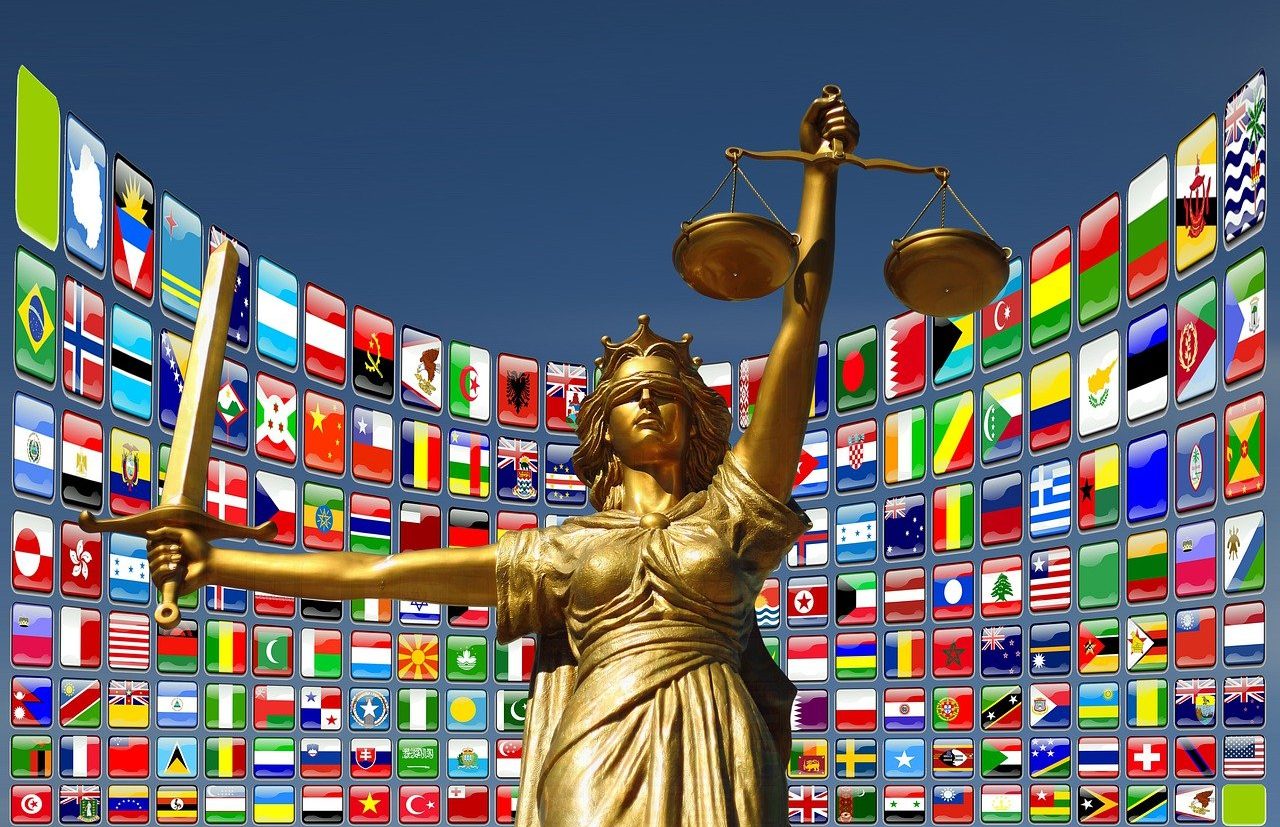
Political philosophy analyzes how the common good is sought.
Political philosophy is an area of philosophy that analyzes the link between individuals and society , examining the relationships established between social systems. It focuses on the study of collective order through concepts such as government , State , freedom , power , right and law .
It should be noted that the notion of philosophy refers to that knowledge that aims to rationally determine what principles make possible the organization of knowledge about reality and allow us to understand the meaning of human actions. Politics , meanwhile, is the activity carried out by those who direct, intend to direct or wish to intervene in public affairs.
Political philosophy, in this framework, reflects on the characteristics of political institutions and phenomena . Thus, it considers how life is organized in society, contemplating the forms of government and the exercise of power and linking them with ethics.
History of political philosophy
The history of political philosophy is very extensive. In Ancient China , Confucius was one of the pioneer thinkers on the subject, developing his work in the 6th century BC . In Ancient Greece , for their part, philosophers such as Plato (427 BC – 347 BC) and Aristotle (384 BC – 322 BC) also studied these issues.
Saint Thomas Aquinas ySaint Augustine en la época medieval; Niccolò Machiavelli en el Renacimiento; Jean-Jacques Rousseau,Montesquieu,John Locke y Thomas Hobbes en la Ilustración; yGeorg Wilhelm Friedrich Hegel,Immanuel Kant, Friedrich Engels, Karl Marx, Antonio Gramsci y Michel Foucault en la Edad Moderna y la Edad Contemporánea son otros intelectuales que contribuyeron al desarrollo de la filosofía política.
Today, political philosophy is a subject that is usually present in the Bachelor's Degree in Philosophy and the Bachelor's Degree in Political Science . It may even appear as specialized postgraduate training, as in the case of the Master's Degree in Political Philosophy offered by the University of Buenos Aires ( UBA ) in Argentina .

Globalization is a phenomenon of interest for political philosophy.
Study object
Political philosophy investigates how different models of government emerged throughout history, such as democracies (whether direct democracy or representative democracy) and totalitarianisms (absolutist monarchy, theocracy, fascism, etc.). It also develops theories about what norms are needed for the functioning of a society, reflecting on law and justice.
The management of individual freedoms by governments, the importance of equality, the separation of powers and the way of understanding public and private property are other topics that are part of the object of study of political philosophy. In this framework, it delves into doctrines and ideologies such as socialism, communism, liberalism and anarchism.
War , revolution , colonialism and imperialism , likewise, are phenomena analyzed by political philosophy.

International law is nourished by political philosophy.
Characteristics of political philosophy
Political philosophy is often considered to have a dual purpose. On the one hand, it seeks to theorize about its object of study, carrying out an in-depth analysis of it. On the other hand, it goes beyond theory since it aspires, in a broad sense, for its ideas to reach practice through citizens and influence political organization and the exercise of power .
An example of this attempt to move from theory to reality is Marxism . Karl Marx not only developed a critical theory of capitalism: he also proposed tools to overthrow it and move towards a classless society. Many social movements and political parties, in this way, raised the flag of Marxist thought and included its proclamations in their lines of action.
Making judgments about political events, analyzing how public power is built , promoting debate between ideologies and making visible the political dimension of social events are other goals of political philosophy.
Its current importance
Although many of the great thinkers of political philosophy lived centuries ago, this branch of philosophy is still very relevant. Its importance, as we have already seen, is not only academic, but the contributions of specialists are relevant in many areas.
Diplomacy , for example, must resort to the conceptual framework of political philosophy to guide its actions. In international relations and foreign policy, each State has to respect the sovereignty of the other, regardless of the political system and form of government. The protection of human rights is another unavoidable principle.
Currently, political philosophy is also important when it comes to new technologies . There are social control mechanisms that are based on technological tools and the manipulation of personal data, for example. It is essential to analyze how technology can favor authoritarianism and even put the rule of law at risk.
Today the role of the specialist in political philosophy also includes contributing to the plurality of voices . It is necessary to warn when power attacks the diversity of ideas and expressions since this favors domination: without pluralism there is no democracy or legitimacy of government.
